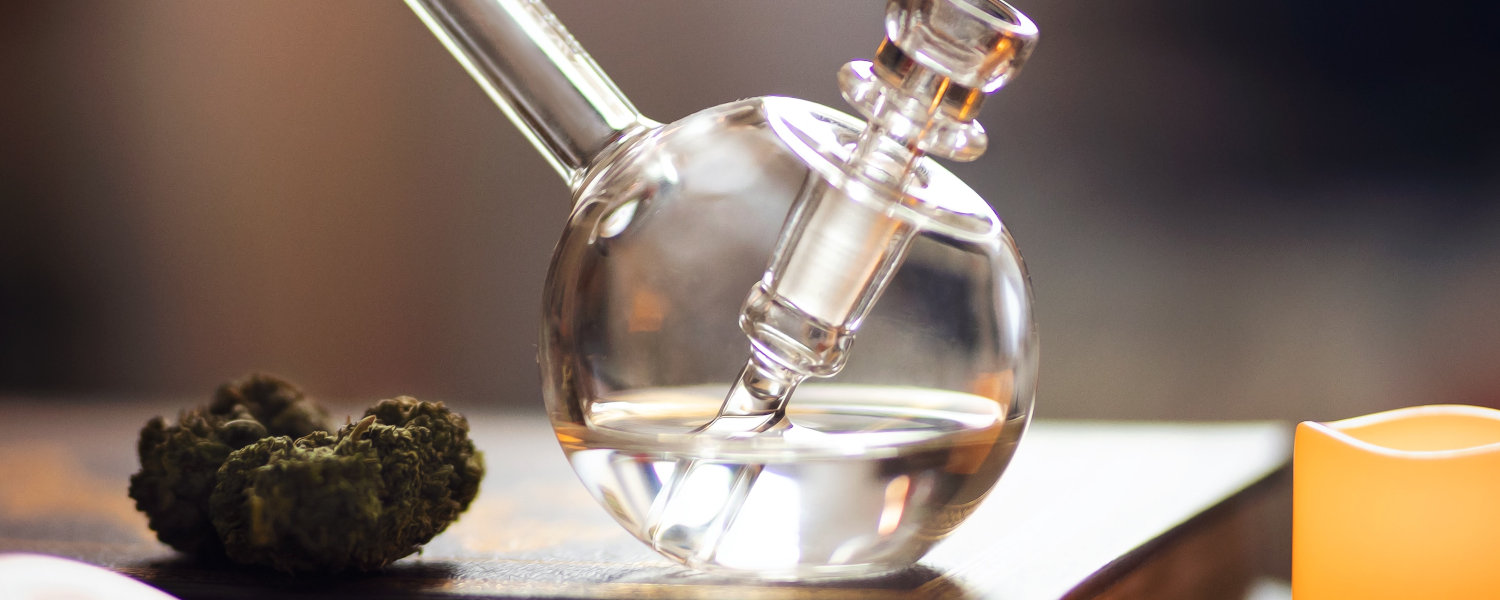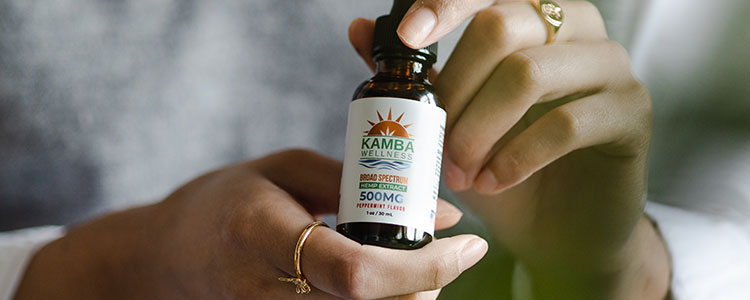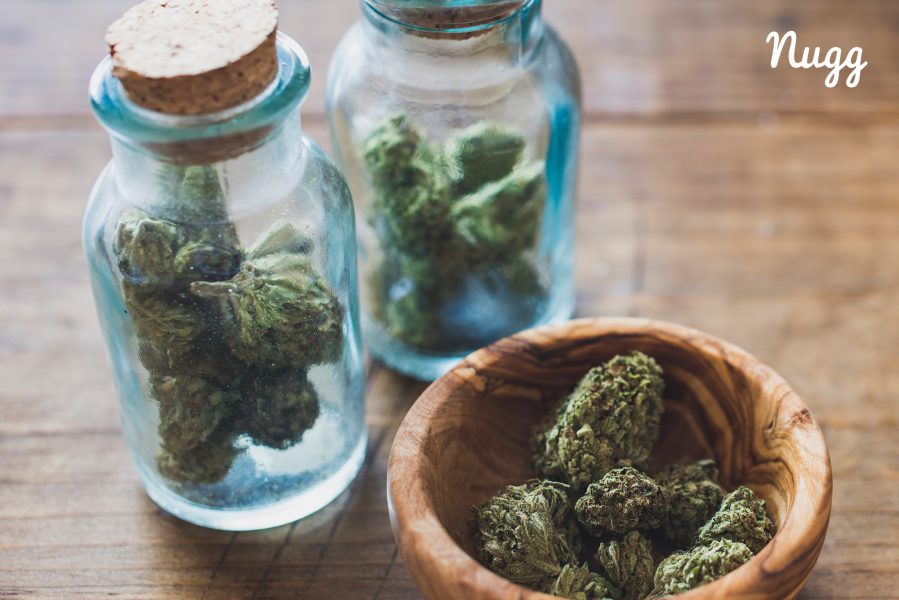We all want to get the most bang for our buck. Even more so in the cannabis world, where costs can quickly build up (especially for premier products and high-tolerance consumers).
Whether you're trying to stretch your dollar or just looking to be more efficient with your marijuana supply, there are several steps you can take starting today.
One of the more popular options includes using the leftover stems and seeds to make infused tea or other concoctions. Then there is reclaim weed. But what is cannabis reclaim?
This article will tackle just that, as well as its potency, how to collect your own, and how you can put it to use.
What is Reclaim?
Reclaim weed is cannabis that has already been used and that you plan on using again. Reclaim is the black, sticky residue you find inside your pipes and rigs after several hits or dabs.
Also known as reclaim resin, consumers can scrape their pipes or rigs to source their own.
But not all reclaim is created equal. Most connoisseurs will tell you that the taste and aroma of pipe reclaim is less than desirable than reclaim resin from a dab rig. You may even come away with a headache from it. On the other hand, reclaim found in dab rigs tends to produce a more enjoyable experience with less harsh flavors, smells, or side effects.
How to Use Reclaim

Smoking and dabbing are just two ways to use reclaim. Consider the following options to find your favorite.
- Dabbing Reclaim: Smoking and vaping reclaim is the go-to option for simplicity and speed. All you need to do is collect your reclaim, place it onto your bowl or already heated nail, and smoke or dab like you would a fresh cannabis purchase.
- Edible Reclaim: Some consumers argue that reclaim is better for making edibles since the cannabinoids in reclaim have already been decarbed. With a somewhat "full-plant" profile, reclaim is believed to provide consumers with the strain’s full potential benefits and effects, in what’s known as the “Entourage Effect.”
- Reclaim Tincture: You can make tinctures using reclaim weed. Be sure to have a significant sum on hand. You'll also need grain alcohol and a few kitchen essentials, including a crock pot or slow cooker. The process can take a few hours, leaving you with a potent infused tincture.
Reclaim Topical: Reclaim can easily be added to your favorite topicals to create infused lotion, shea butter, or other creams. Just melt your reclaim and combine it with your non-infused topical. Once combined, allow the mixture to cool and apply to your skin as needed.
How Potent is Reclaim?

Reclaim packs a potent punch that may appeal to high-dose consumers. In one study, reclaim contained over 65% total cannabinoids, with most being decarboxylated Delta 9 THC.
By retaining most of the plant’s compounds, reclaim is easy to use for either smoking or dabbing. After consuming reclaim, users often report feeling similar effects to those they had with the flower or the concentrate it came from.
While potency is just one factor that determines a user’s experience with cannabis, it remains the most important one in the eyes of many consumers. High-end reclaim can be more potent than many products available in the legal marketplace. Even lower-end reclaim can contain around 30% THC, giving it a high potency found in only select flower strains.
As flower potency increases, so does the potency of reclaimed weed.
How to Collect Reclaim

Collecting reclaim weed isn't all that difficult. You have several options to utilize. Some of the most popular methods include:
- Pick Them Out: Clear your pipes and rigs of water (if applicable), then use a pipe tool to pick at and collect your reclaim.
- Melt Them Out: Just like how the reclaim got there in the first place, you can reheat your reclaim to melt it out of your pipe or rig. Once you've drained and dried your piece, turn it over onto parchment paper. Then, torch the reclaim until it melts onto your paper. Use this method with caution, as too much heat may scorch your reclaim, rendering it useless.
Some consumers turn to pipe cleaners from their local dispensary or head shop to collect reclaim, but many cleaners aren't intended for consumption. And even non-toxic, all-natural cleaners can cause lung damage if not adequately evaporated. As such, consumers should avoid using any type of cleaning product - including high-potency ethanol - to extricate their cannabis reclaim.
Is reclaim safe?
Smoking and dabbing cannabis carry their own health concerns, including irritation of the throat and lungs. Reclaim can carry additional risks for many consumers. Not only does reclaim weed require a higher temperature to burn, but it can contain a higher concentration of undesirable byproducts - such as ash and tar - that are more likely to cause lung irritation.
How do I store reclaim?
Store your reclaim like you would any other cannabis products: in a cool, dark place in an air-tight, UV-protected glass or silicon container. Here’s our helpful guide to long-term weed storage.
How long does reclaim last?
Most people evade the answer, but the consensus is "a long time." Without a specific timeframe, consider treating your reclaim like a concentrate that can stay fresh for around a year if stored properly.
The information in this article and any included images or charts are for educational purposes only. This information is neither a substitute for, nor does it replace, professional legal advice or medical advice, diagnosis, or treatment. If you have any concerns or questions about laws, regulations, or your health, you should always consult with an attorney, physician or other licensed professional.




